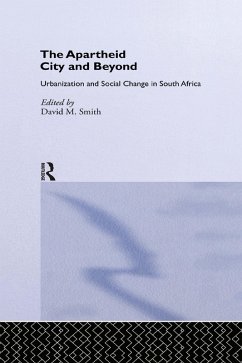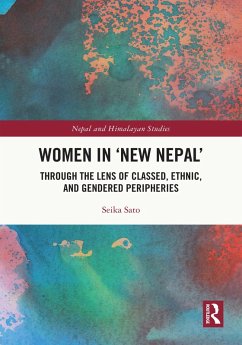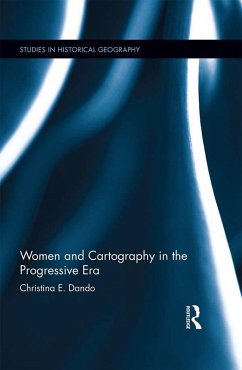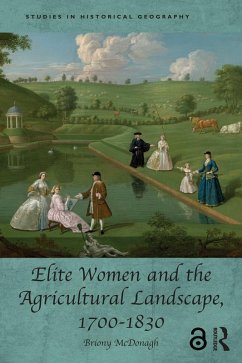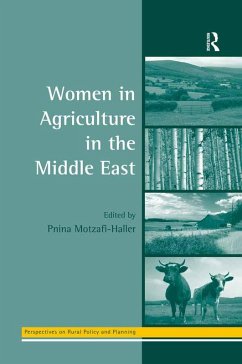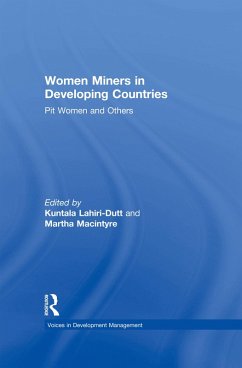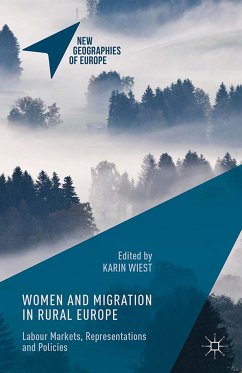
African Women and Apartheid (eBook, PDF)
Migration and Settlement in South Africa

PAYBACK Punkte
6 °P sammeln!
A key mechanism of apartheid in South Africa was the set of restrictions placed on the movements of Africans, rules aimed to control and direct the African labour force to meet growing demands of capital and industry. In Cape Town, historically the 'home' of a majority Coloured population, the influx of Africans seeking a livelihood met with concerted and coercive resistance, and by the 1970s the city claimed that it had 'successfully' checked the flow of Africans while sustaining an adequate supply of migrant labour. In particular, African women were subject to lives of daily surveillance and...
A key mechanism of apartheid in South Africa was the set of restrictions placed on the movements of Africans, rules aimed to control and direct the African labour force to meet growing demands of capital and industry. In Cape Town, historically the 'home' of a majority Coloured population, the influx of Africans seeking a livelihood met with concerted and coercive resistance, and by the 1970s the city claimed that it had 'successfully' checked the flow of Africans while sustaining an adequate supply of migrant labour. In particular, African women were subject to lives of daily surveillance and restricted movement as their entry and residence were rigidly controlled and monitored through the pass system - the most dominant and intrusive aspect of state authority. How did African women experience and negotiate apartheid and how did they create a sense of belonging in a city that actively denied and resisted their presence?Here Lee presents a compelling social history of African women through an examination of the complex process and consequences of settlement in Cape Town during the apartheid (1948-94) and post-apartheid years. Life histories of three generations of African women offer windows into women's attempts to locate 'home' in this urban setting, the character of their social and kinship networks, and the ways notions of 'place' and belonging were reworked. These are woven together with a wealth of evidence on household livelihood strategies, the history of home improvements and of fuel use, participation in the 'hallowed' organizations of township life such as the Christian mothers' group and the burial society, and women's views on mobility, modernity and identity. Taken together, African women's strategies of settlement over five decades provide a fascinating portrait of adaptation, resilience and change, and new insight into the vulnerability of the daughter-mother relationship in urban South Africa. Drawing together scholarship and new methodologies from anthropology, history, human geography and development studies, 'African Women and Apartheid' presents a complex and intimate account of gendered struggles and social and personal transformation. It contributes to a deeper and more nuanced history of African women and of urbanisation in South Africa. It will be valuable to anyone with interests in South African culture and society, gender, urbanisation, the African family, oral history and memory.
Dieser Download kann aus rechtlichen Gründen nur mit Rechnungsadresse in A, B, BG, CY, CZ, D, DK, EW, E, FIN, F, GR, HR, H, IRL, I, LT, L, LR, M, NL, PL, P, R, S, SLO, SK ausgeliefert werden.




